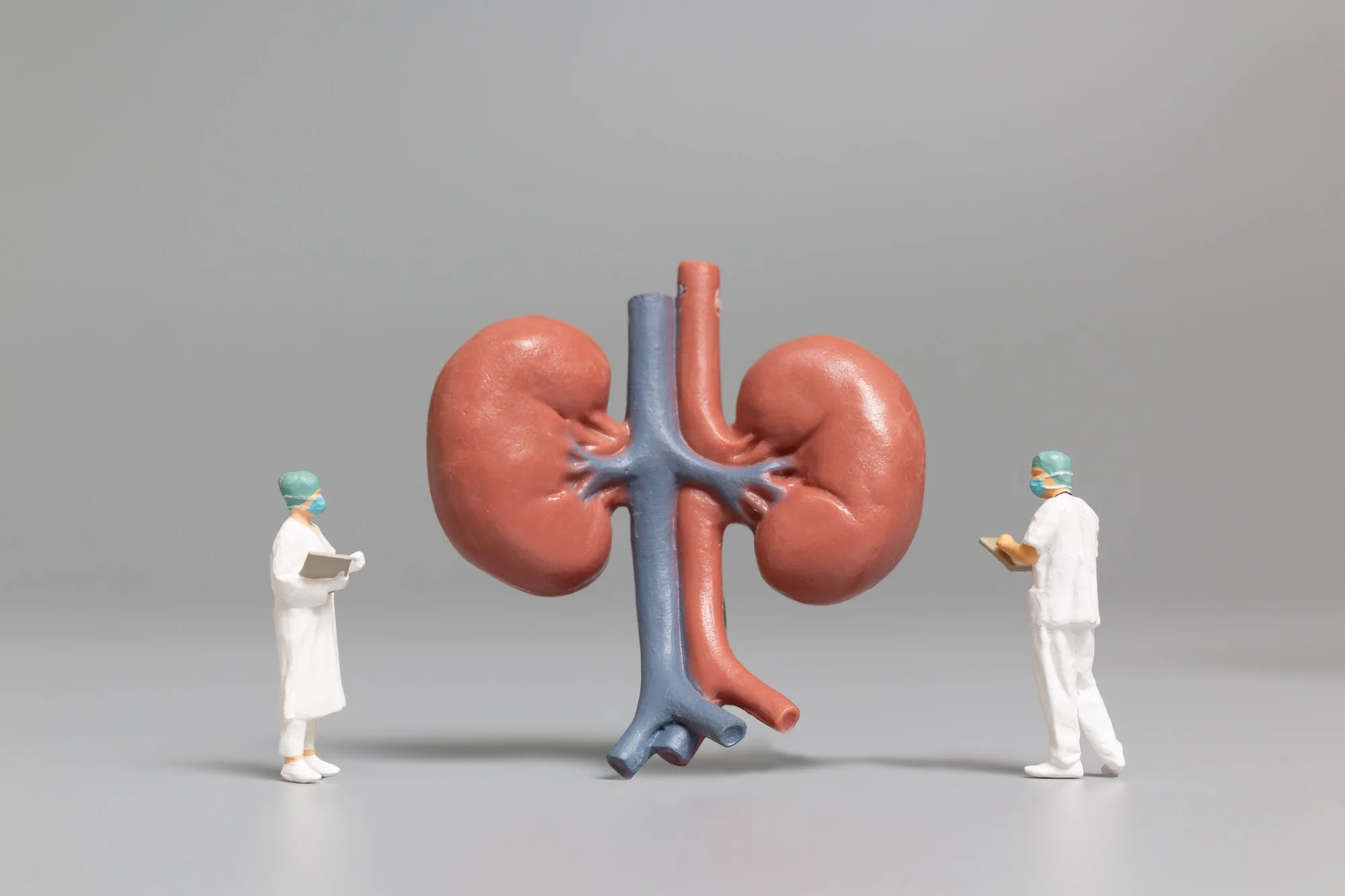In the quest to unravel the intricate mechanisms underlying renal cancer, a recent study spearheaded by researchers from Capital Medical University in Beijing sheds light on the role of CDK5 regulatory subunit-associated protein 3 (CDK5RAP3) as a potential contributor to the disease’s progression. The peer-reviewed paper, entitled “CDK5RAP3 Participates in Autophagy Regulation and Is Downregulated in Renal Cancer,” was published in the journal Disease Markers. The study’s DOI is 10.1155/2019/6171782.
Background
Renal cancer ranks among the top malignancies affecting the urinary system, with its diagnosis and treatment options remaining elusive despite continuous medical advancements. As a disease commonly identified at more advanced stages, the understanding of its molecular underpinnings is crucial for the development of early interventions and therapeutic strategies.
The Role of CDK5RAP3
The study zeroes in on CDK5RAP3, which has garnered attention for its tumor suppressor capabilities across various cancers. This protein has now been highlighted as significantly underrepresented in renal cancer tissues. The discovery came about through a meticulously designed investigation contrasting cancerous tissue with healthy, adjacent renal tissue.
Through a series of loss- and gain-of-function experiments, it was observed that the role of CDK5RAP3 differed notably between the Caki-1 and 769-P renal cancer cell lines. When CDK5RAP3 was diminished in Caki-1 cells, a slight upsurge in cell viability was noted, implying a potential growth advantage for the cancer cells. Conversely, upregulation of CDK5RAP3 caused a marked reduction in the viability of 769-P cells, showcasing its possible protective role.
CDK5RAP3 and Autophagy
One key aspect of this study is its illumination of the association between CDK5RAP3 and autophagy, a pivotal cellular process that can alternate between being a cell survival mechanism and a type of programmed cell death. When autophagy is disrupted as it is by the reduction of CDK5RAP3, it profoundly influences cancer progression and response to treatment.
Dysregulated autophagy has been found to contribute fundamentally to the pathogenesis and resistance to therapy in various cancers, including renal malignancies. In the Caki-1 cells, CDK5RAP3 knockdown impeded autophagy, yet this effect was not mirrored in 769-P cells. In contrast, CDK5RAP3 overexpression set off a significant autophagic response in 769-P cells, highlighted by the accumulation of the autophagy marker LC3-II. This did not apply to Caki-1 cells, indicating that cell line-specific factors could influence the interaction between CDK5RAP3 and autophagy.
Implications for Renal Cancer Therapy
These novel insights into the role of CDK5RAP3 concerning autophagy and renal cancer open potential avenues for therapeutic development. As autophagy plays a dual role in cancer, both as a survival mechanism and a form of cell death, carefully orchestrated modulation of this process could tip the scales in favor of cancer cell destruction. The modulation of CDK5RAP3, combined with existing and new treatment regimens, could potentially enhance the efficacy of renal cancer management.
Future Directions
The findings call for further study to untangle the intricate network of interactions between CDK5RAP3, autophagy, and other signaling pathways implicated in renal cancer. A deeper understanding of how CDK5RAP3 levels are regulated at the molecular level within the tumor microenvironment could provide a strong basis for developing novel diagnostics and treatments.
References
For interested readers and researchers seeking to explore the topic further, the following references offer additional insights into the role of CDK5RAP3 in cancer and autophagy:
1. Wang, J. B., et al. “CDK5RAP3 acts as a tumor suppressor in gastric cancer through inhibition of β-catenin signaling.” Cancer Letters, 2017.
2. Mak, G. W.-Y., et al. “Overexpression of a novel activator of PAK4, the CDK5 kinase-associated protein CDK5RAP3, promotes hepatocellular carcinoma metastasis.” Cancer Research, 2011.
3. Yun, C. W., Lee, S. H. “The roles of autophagy in cancer.” International Journal of Molecular Sciences, 2018.
4. Mizumura, K., et al. “Autophagy, selective autophagy, and necroptosis in COPD.” International Journal of Chronic Obstructive Pulmonary Disease, 2018.
5. Lin, J. F., et al. “Cisplatin induces protective autophagy through activation of BECN1 in human bladder cancer cells.” Drug Design, Development and Therapy, 2017.
Keywords
1. Renal Cancer Autophagy
2. CDK5RAP3 Tumor Suppressor
3. Kidney Cancer Treatment
4. Autophagy Regulation Cancer
5. Renal Carcinoma Research
With this knowledge and these references, this study stands as a testament to the ever-evolving understanding of renal cancer. The modulation of CDK5RAP3 and autophagy holds promise for richer therapeutic strategies and the hopeful increase of survivability among patients suffering from this formidable disease.
